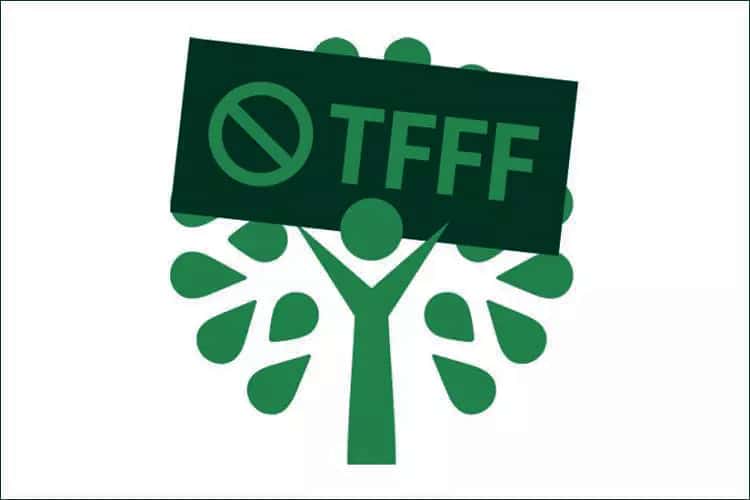Statement from Civil Society Organizations on the Launch of the Fund for Tropical Forests Forever
[You can find the statement in Português, Español, English, Bahasa Indonesia in the google form]
Belém, November 2025
Brazilian, Amazonian, Asian, African and international civil society organizations, gathered on the occasion of COP 30, express their deep concern and rejection of the launch of the Fund for Tropical Forests Forever (TFFF), announced by the Conference Presidency, for the following reasons:
In contrast to the TFFF, the undersigned call for the construction of effective mechanisms against deforestation that:
Signature form: https://forms.gle/RaaD3Wti9KhJuUuR6
[You can find the statement in Português, Español, English, Bahasa Indonesia in the google form]
